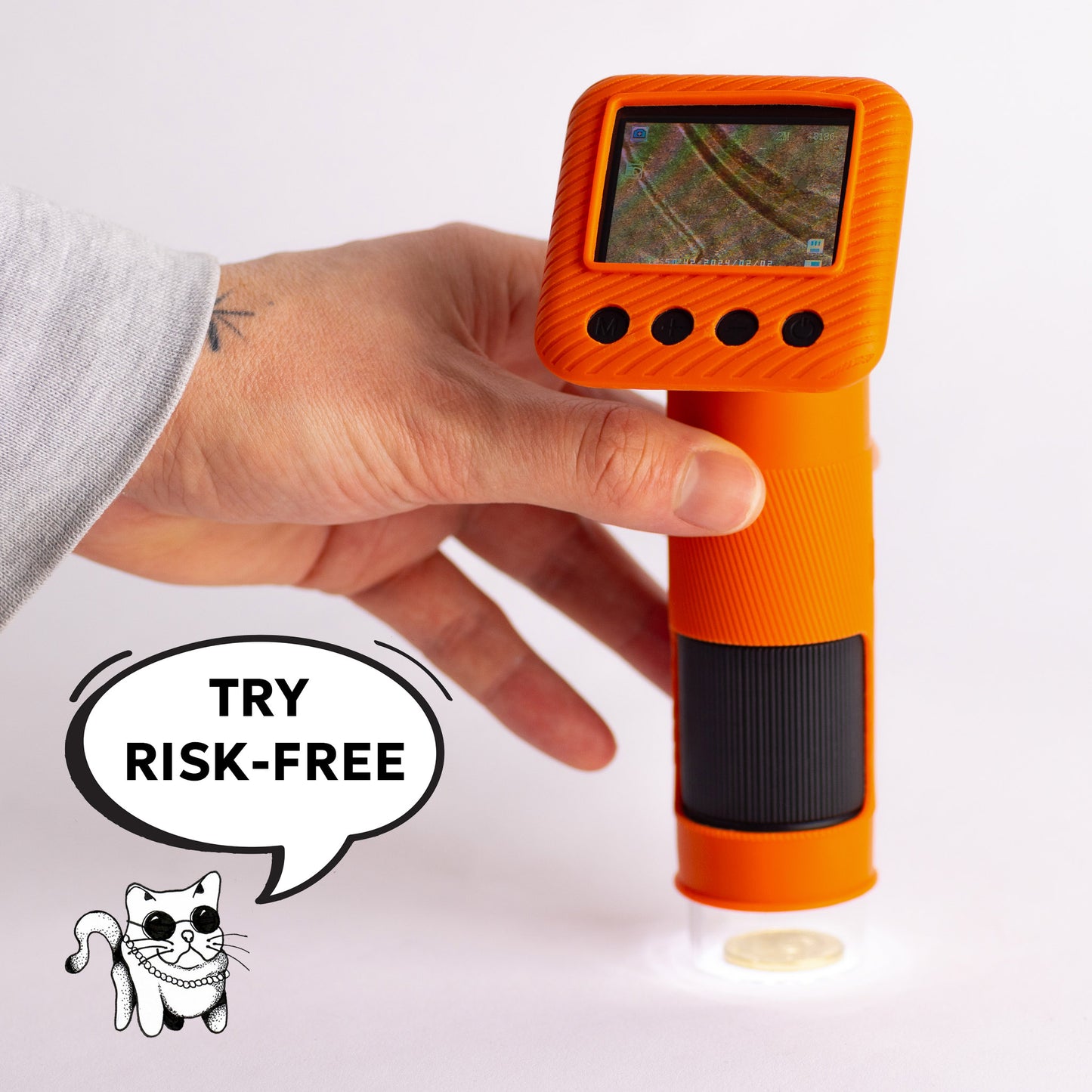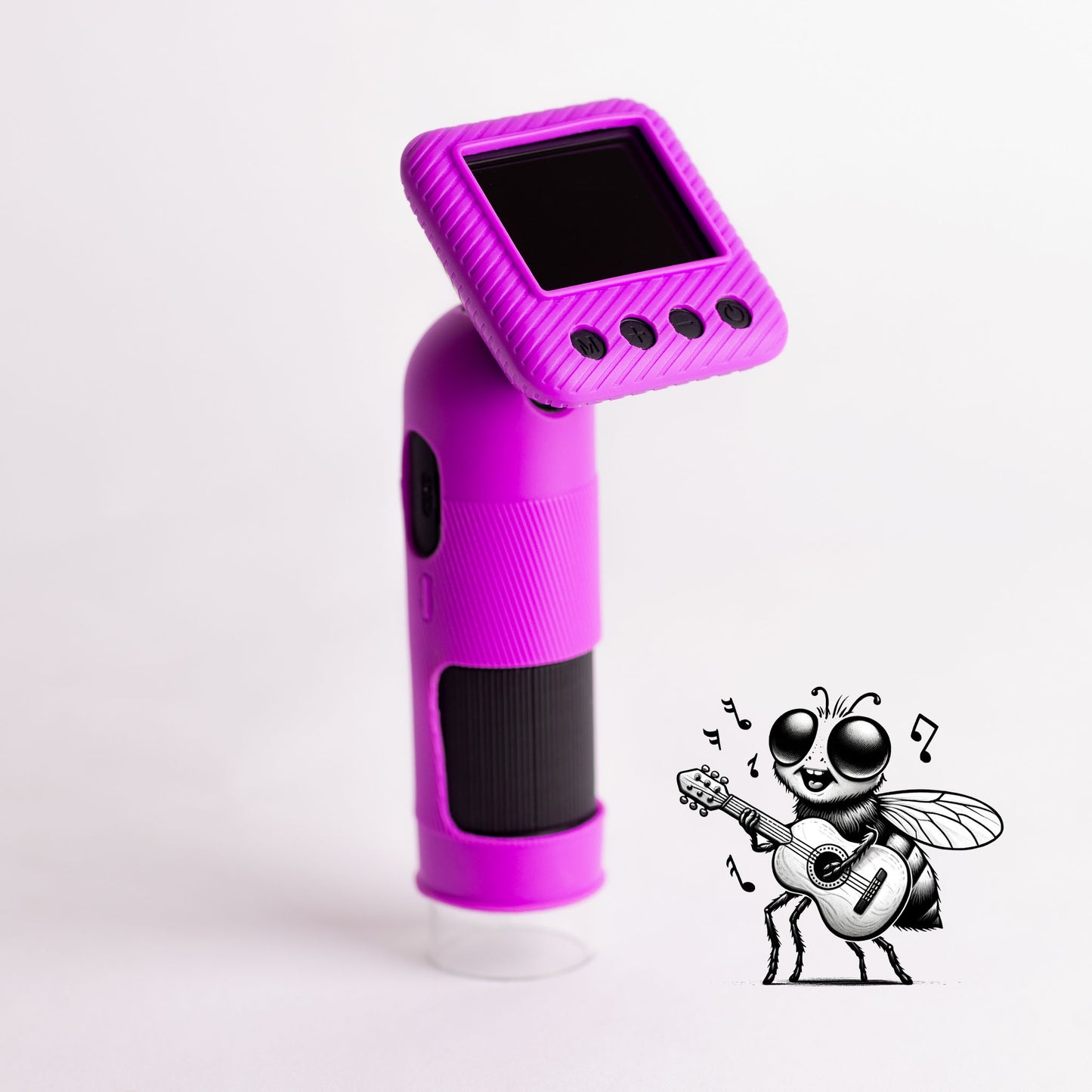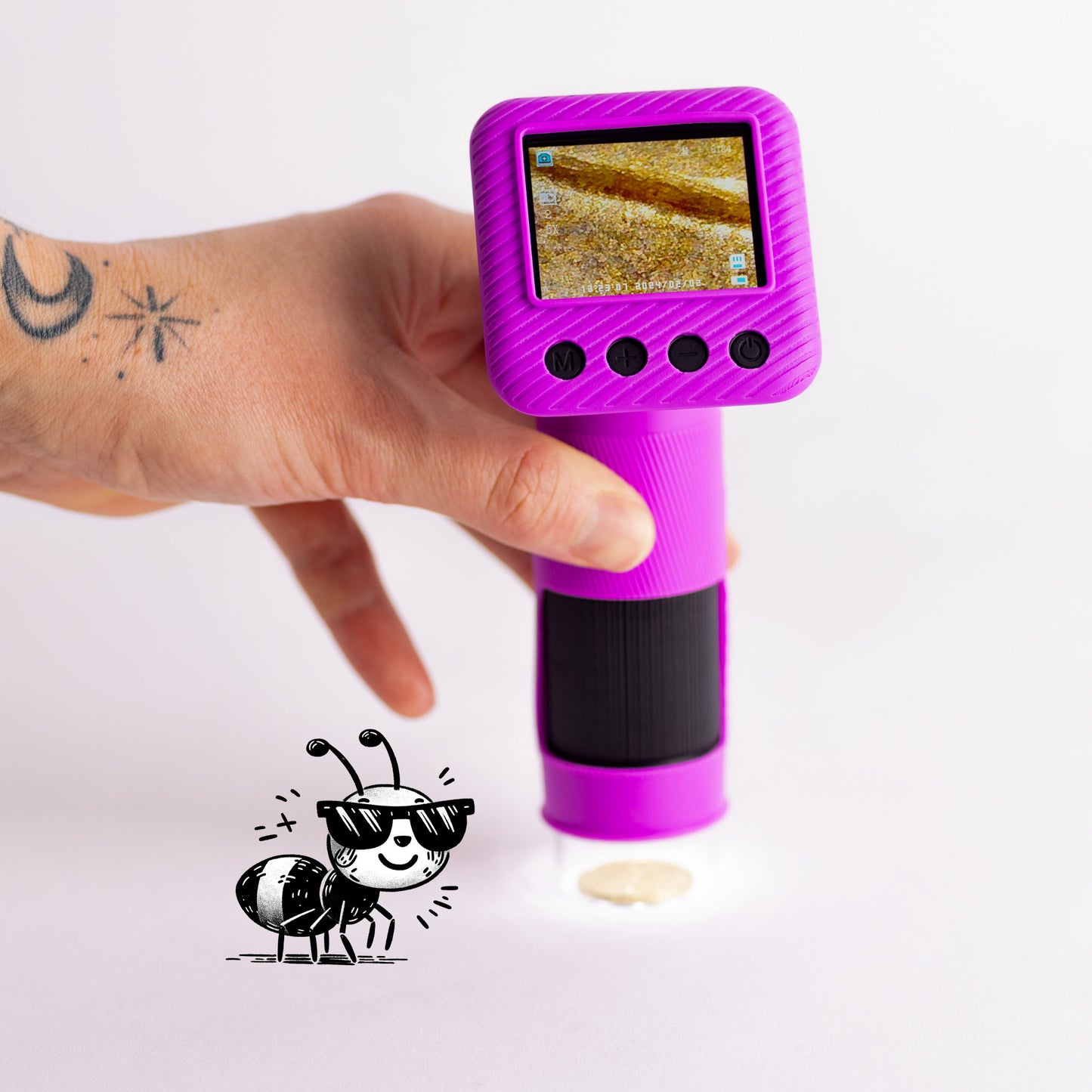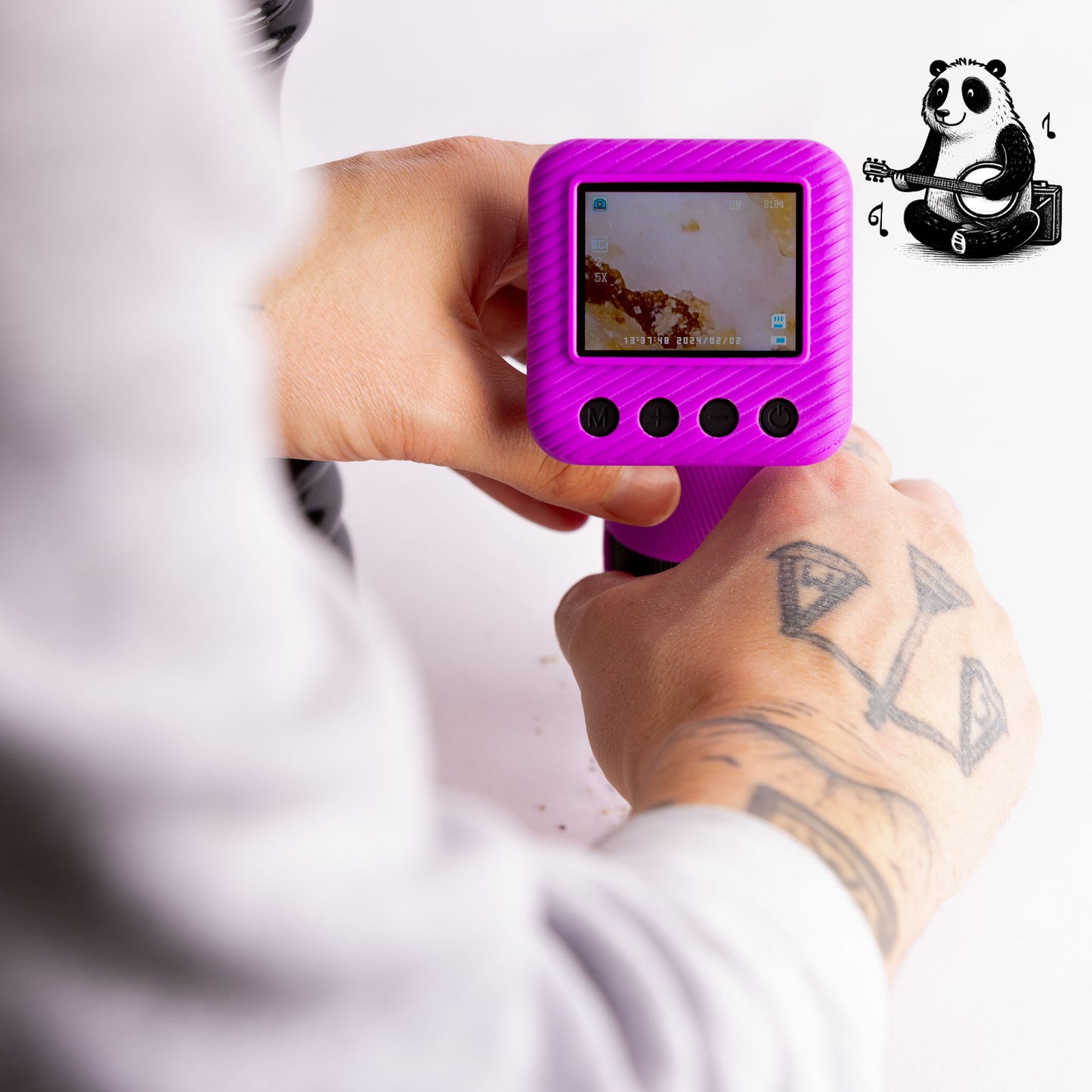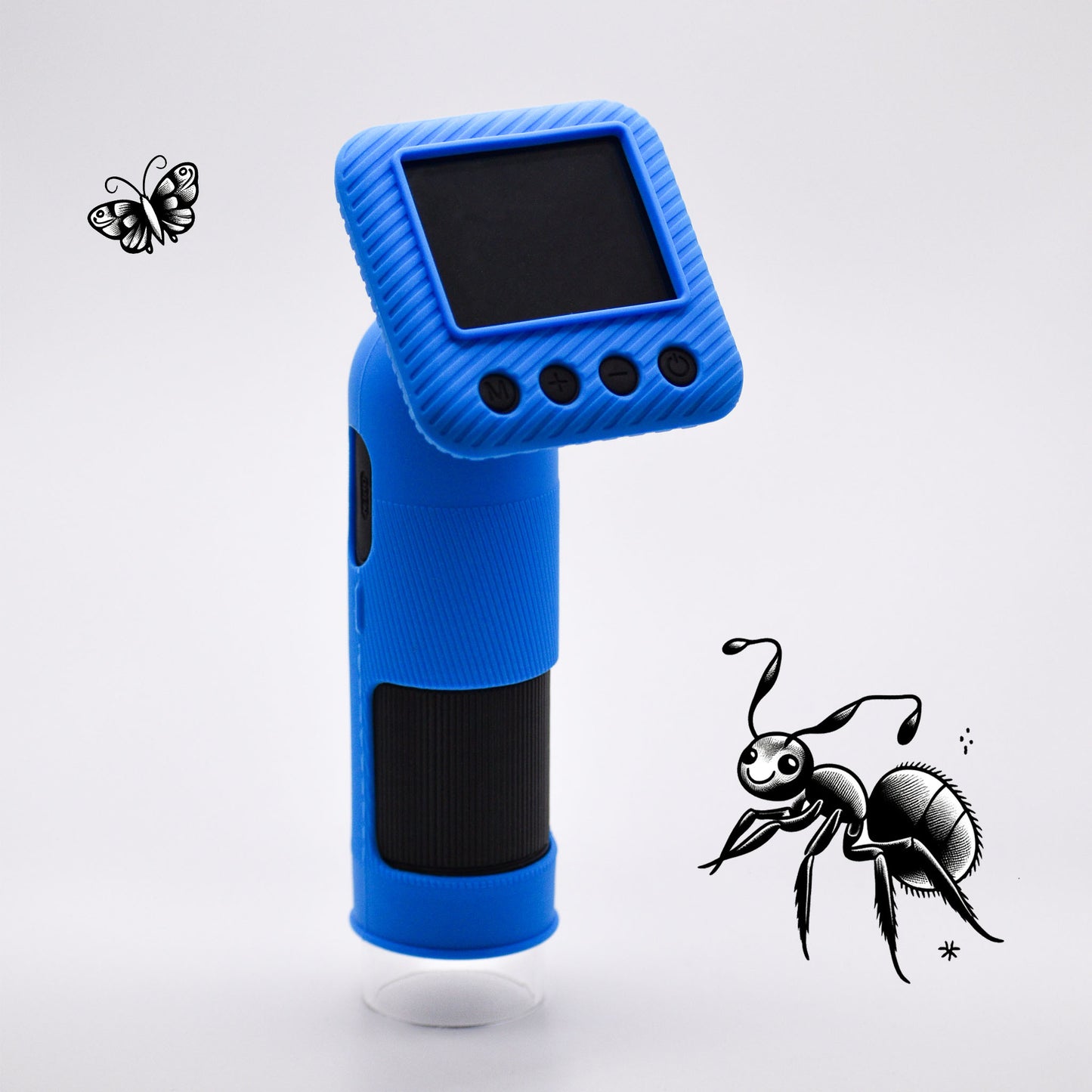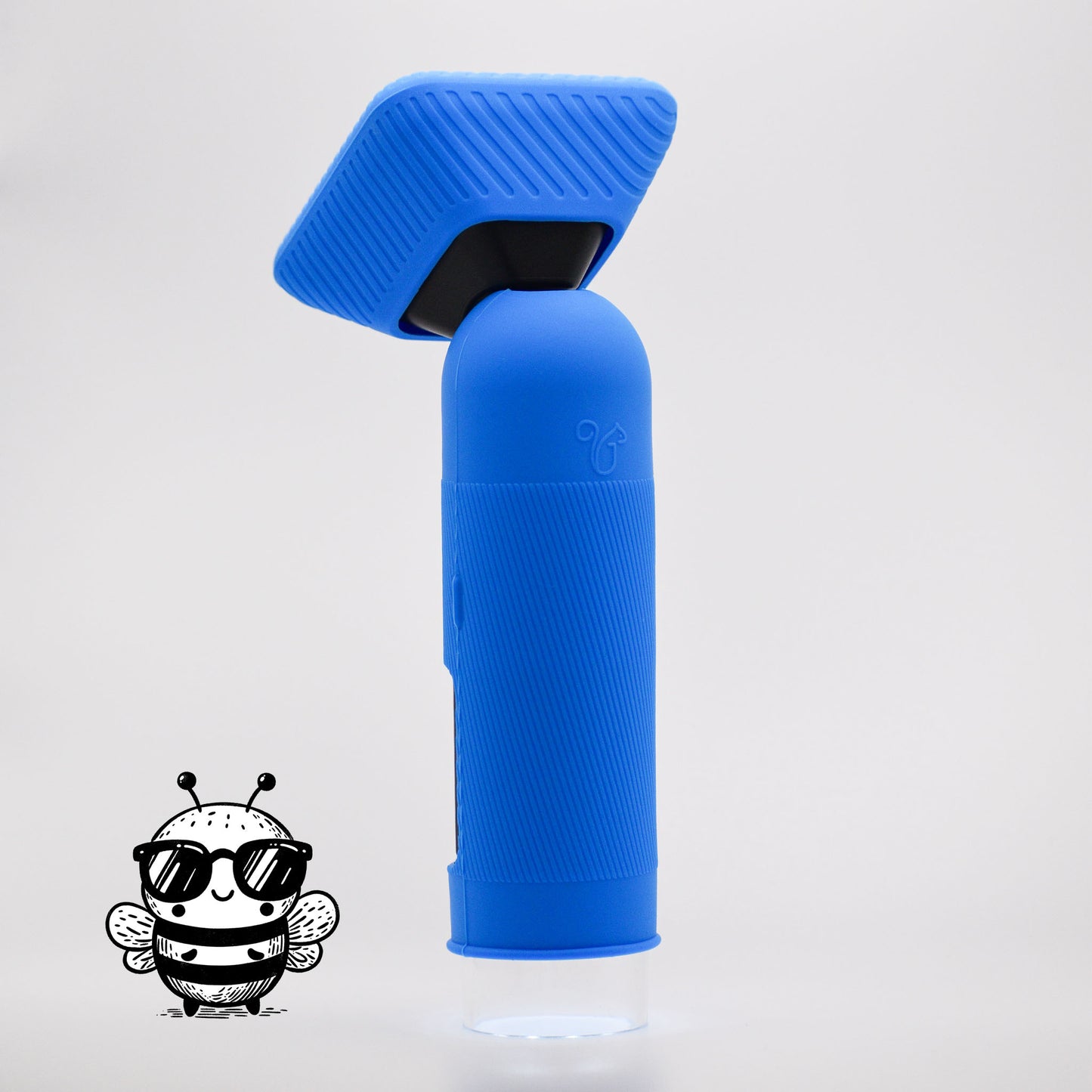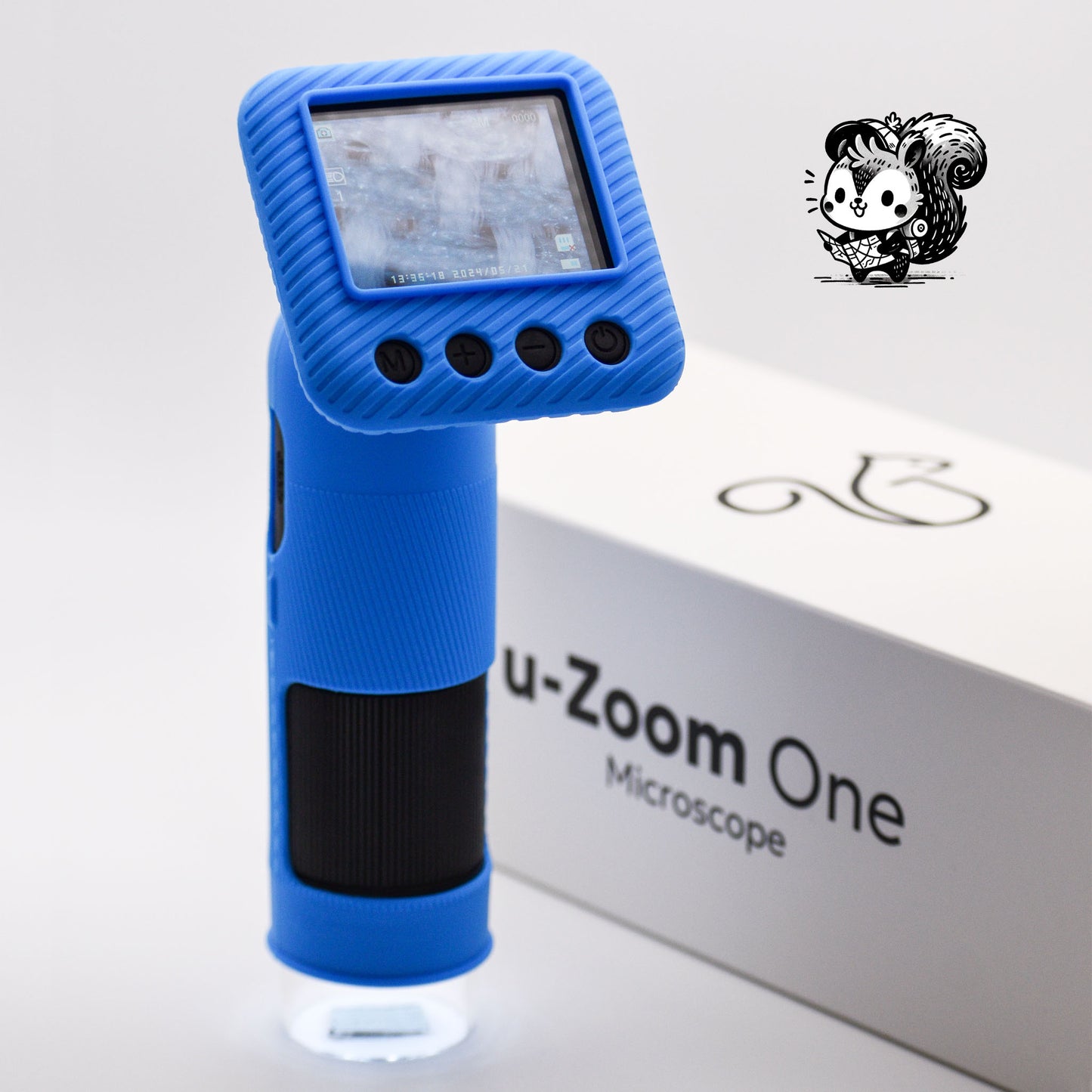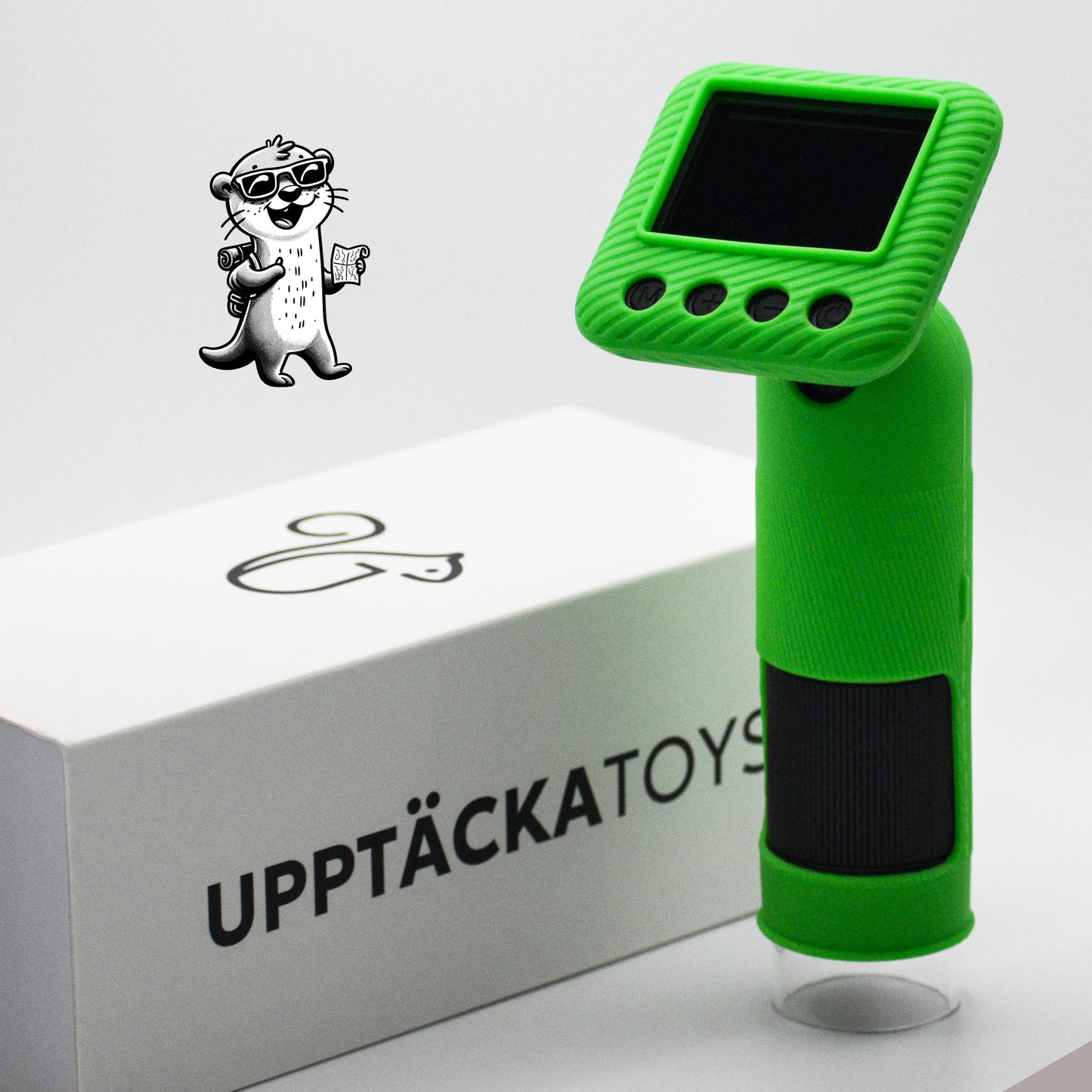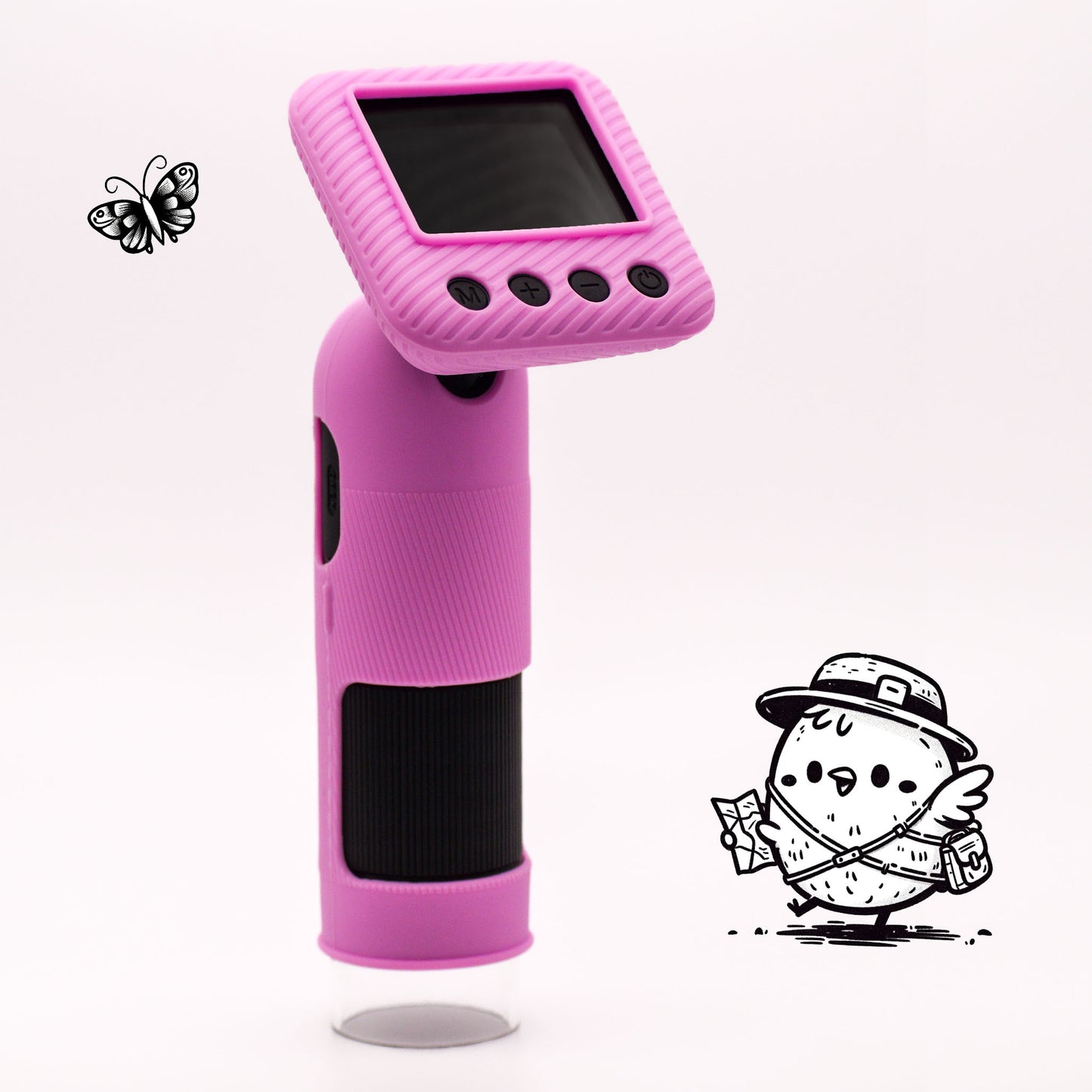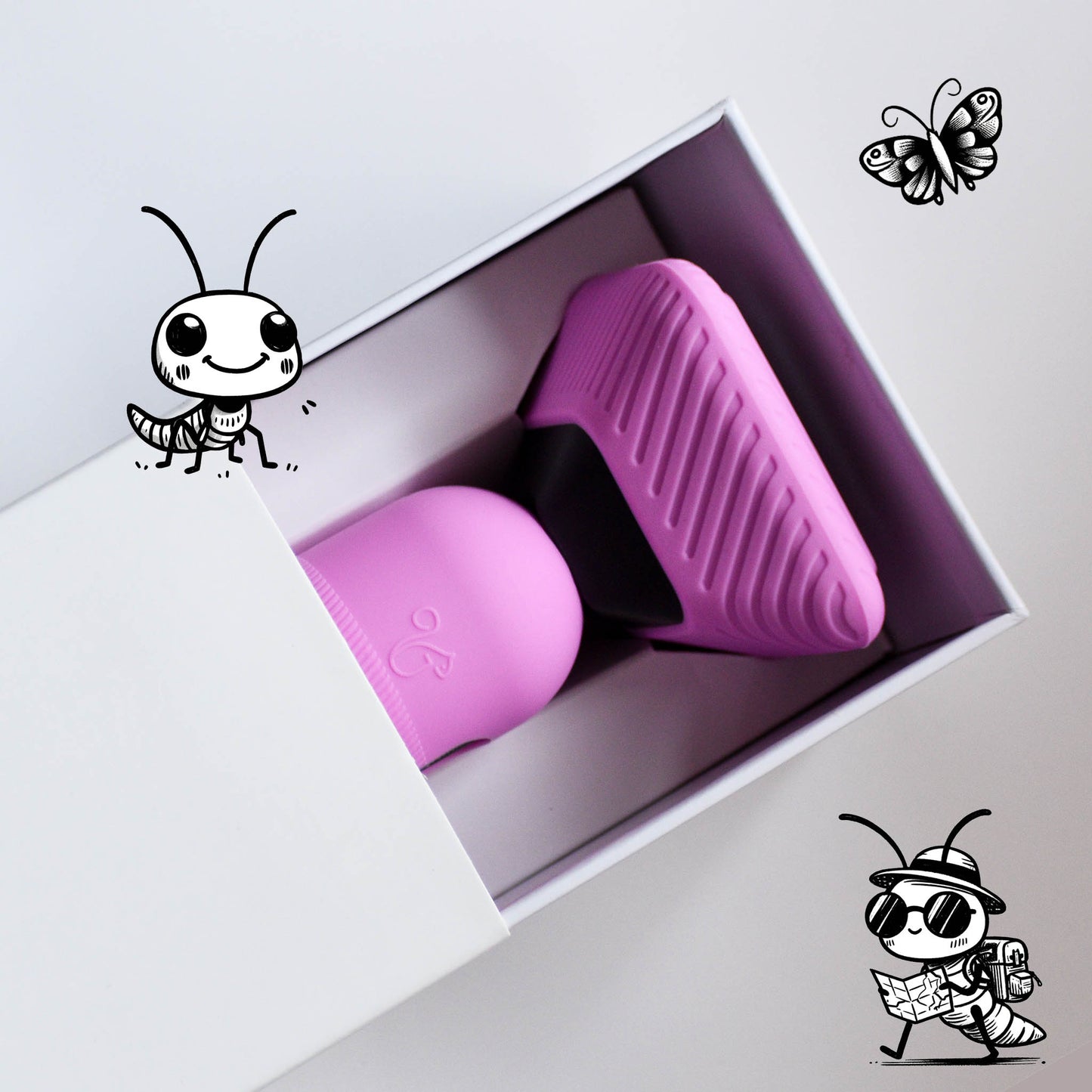7 Amazing Benefits of Educational Toys for Children's Development
Benefits of Educational Toys Summary
The benefits of educational toys are that they: 1. Improve learning skills, 2 Boost creativity and imagination, 3. Develop motor skills, 4. Encourage outdoor play and physical activity, 5. Promote social and emotional development, 6. Build confidence and problem-solving skills, 7. Help with academic readiness.
Whether it's a STEM toy, a puzzle, or a creative playset, educational toys promote growth in key developmental areas.
| Benefit of Educational Toys | Example of an Educational Toy |
|---|---|
| Improve Learning Skills | STEM Robotics Kit |
| Boost Creativity and Imagination | Building Blocks, Art Kits |
| Develop Motor Skills | Puzzles, Shape Sorters |
| Encourage Outdoor Play and Physical Activity | Gardening Kit, Sports Set, Portable handheld microscope |
| Promote Social and Emotional Development | Role-Playing Toys (Puppets, Dolls) |
| Build Confidence and Problem-Solving Skills | Jigsaw Puzzles, Logic Games |
| Help with Academic Readiness | Math Games, Alphabet Blocks |
What Are Educational Toys?
Educational toys are designed to help kids learn while having fun. These toys make learning enjoyable by combining fun and education. They cover various subjects, from math and science to creativity and problem-solving. Educational toys come in many forms, such as STEM toys, building blocks, puzzles, and outdoor toys.
What Are STEM Toys?
STEM toys are educational tools designed to help children explore and learn about Science, Technology, Engineering, and Mathematics. These toys introduce kids to important concepts in a fun and engaging way, promoting problem-solving, critical thinking, and creativity. STEM toys can range from building sets and robotics kits to science experiments and coding games. By encouraging hands-on learning, they help children develop practical skills that are useful both in school and in everyday life.
Table of Contents:
- What Are Educational Toys?
- What Are STEM Toys?
- 7 Amazing Benefits of Educational Toys
- 1. Improve Learning Skills
- 2. Boost Creativity and Imagination
- 3. Develop Motor Skills
- 4. Encourage Outdoor Play and Physical Activity
- 5. Promote Social and Emotional Development
- 6. Build Confidence and Problem-Solving Skills
- 7. Help with Academic Readiness
- Choosing the Right Educational Toys for Your Child
- Conclusion
- FAQ: Educational Toys
7 Amazing Benefits of Educational Toys
Educational toys are a fantastic way to help children learn while having fun. These toys come in many forms, including STEM toys, science toys, and outdoor toys for children. Let's explore the benefits of these toys and how they can support a child's development.
1. Improve Learning Skills
Educational toys help kids develop learning skills while they play.
- STEM toys introduce children to Science, Technology, Engineering, and Math, teaching them problem-solving and critical thinking skills. For example, robot kits or building sets help kids figure out solutions by testing and trying different ideas.
- Science toys like chemistry sets or microscopes let kids explore the world and experiment with science, sparking their curiosity and making learning exciting.

2. Boost Creativity and Imagination
Toys that encourage kids to use their imagination help develop their creative thinking. Whether they're building with blocks or using a microscope to explore everyday items, these activities push kids to think outside the box.
Artistic toys, such as craft kits or role-play sets, allow kids to create their own stories, play different characters, and solve problems in new ways.
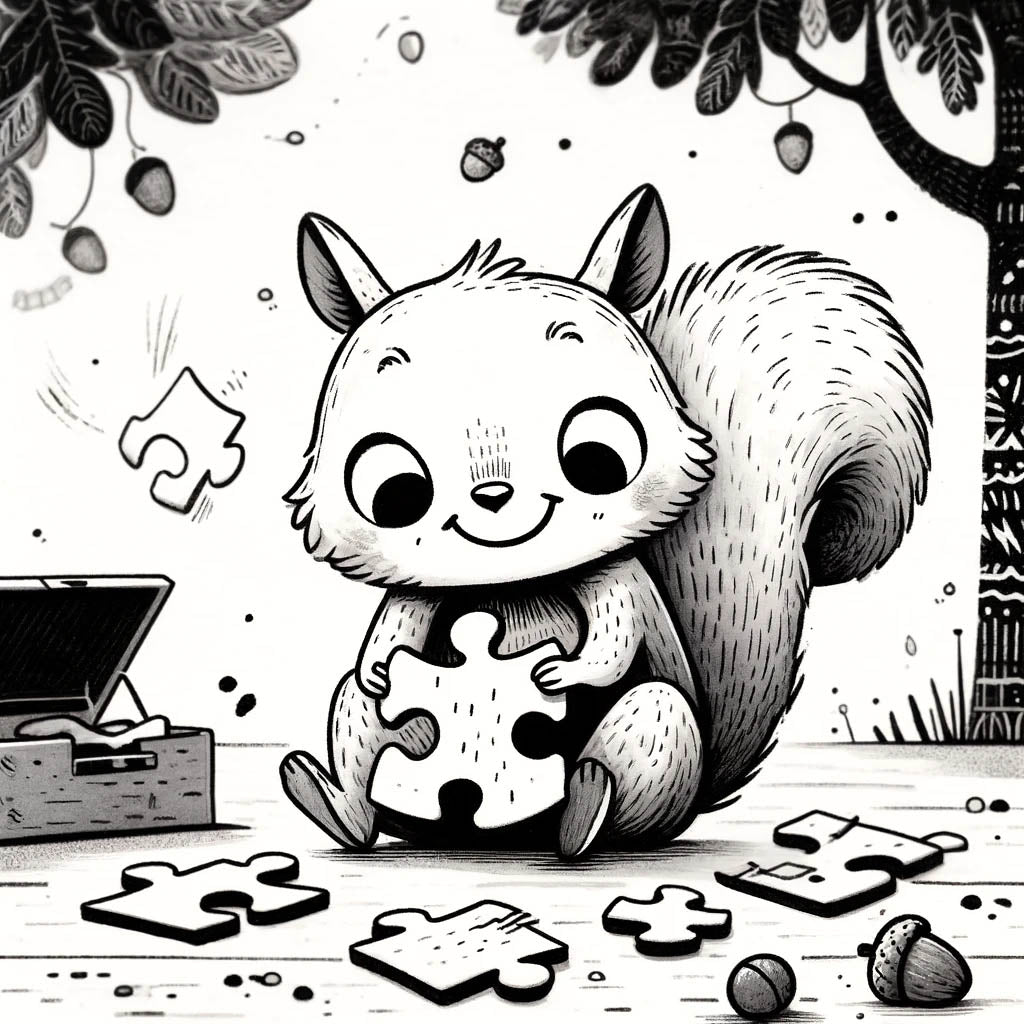
3. Develop Motor Skills
Many educational toys help children improve their fine motor skills, such as hand-eye coordination and dexterity. Toys like puzzles, shape sorters, or building sets allow kids to use their hands to manipulate small pieces, developing these important skills.
Outdoor toys, like sports equipment, portable handheld microscopes or gardening tools, encourage physical activity and develop large motor skills like balance and coordination.

4. Encourage Outdoor Play and Physical Activity
Outdoor toys can help children learn and stay active at the same time. Gardening kits, bug-catching sets, or microscopes for nature exploration help kids connect with the environment while being physically active.
These toys also help children learn teamwork, as many outdoor games and activities involve cooperation, boosting their social skills while keeping them healthy and active.
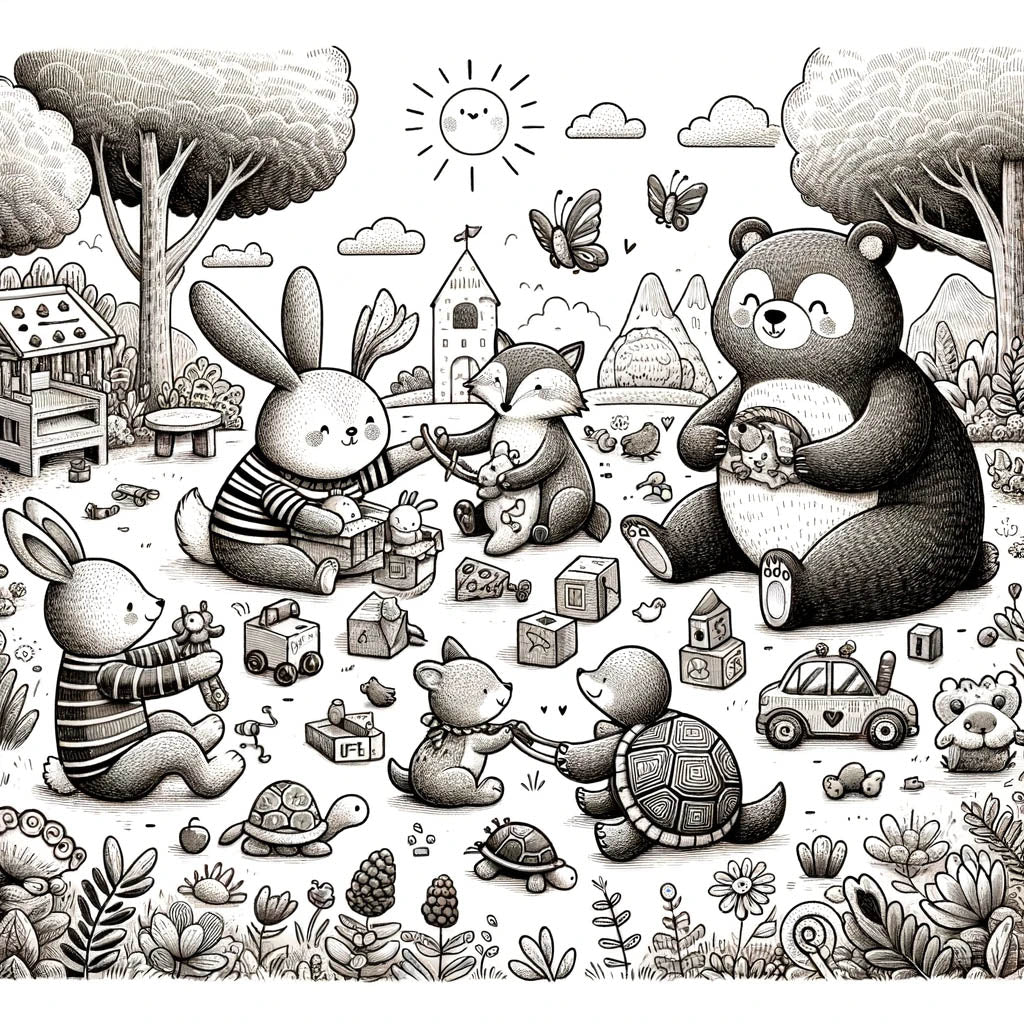
5. Promote Social and Emotional Development
Educational toys also support social and emotional growth. Playing with others helps kids learn how to share, cooperate, and communicate. Group play activities, like board games, teach important social skills such as taking turns and working as a team.
Role-playing toys, like dolls or action figures, encourage children to explore different emotions and understand how others feel, helping them develop empathy and emotional intelligence.
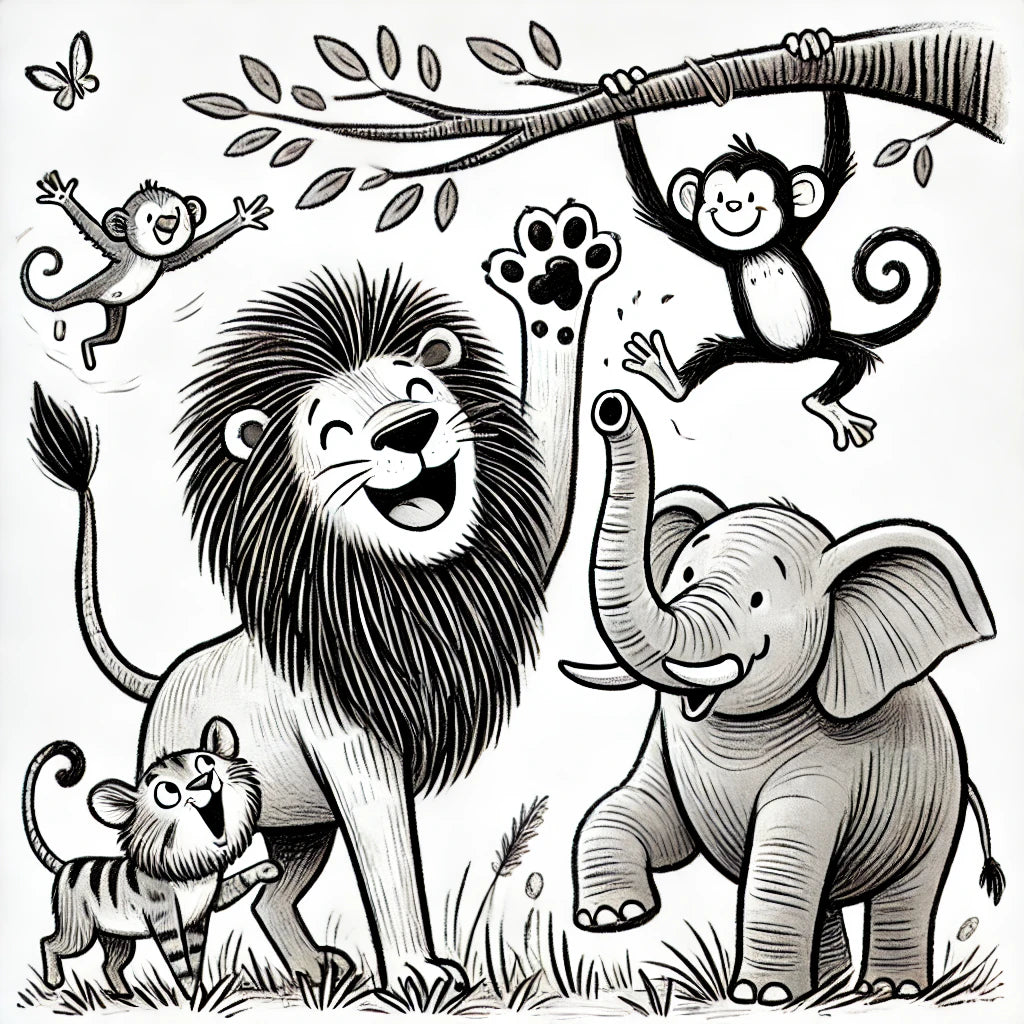
6. Build Confidence and Problem-Solving Skills
Educational toys often challenge children to solve problems, whether it's completing a puzzle or figuring out how to build something. When they succeed, they feel a sense of accomplishment that boosts their confidence. This encourages them to take on new challenges and build resilience over time.
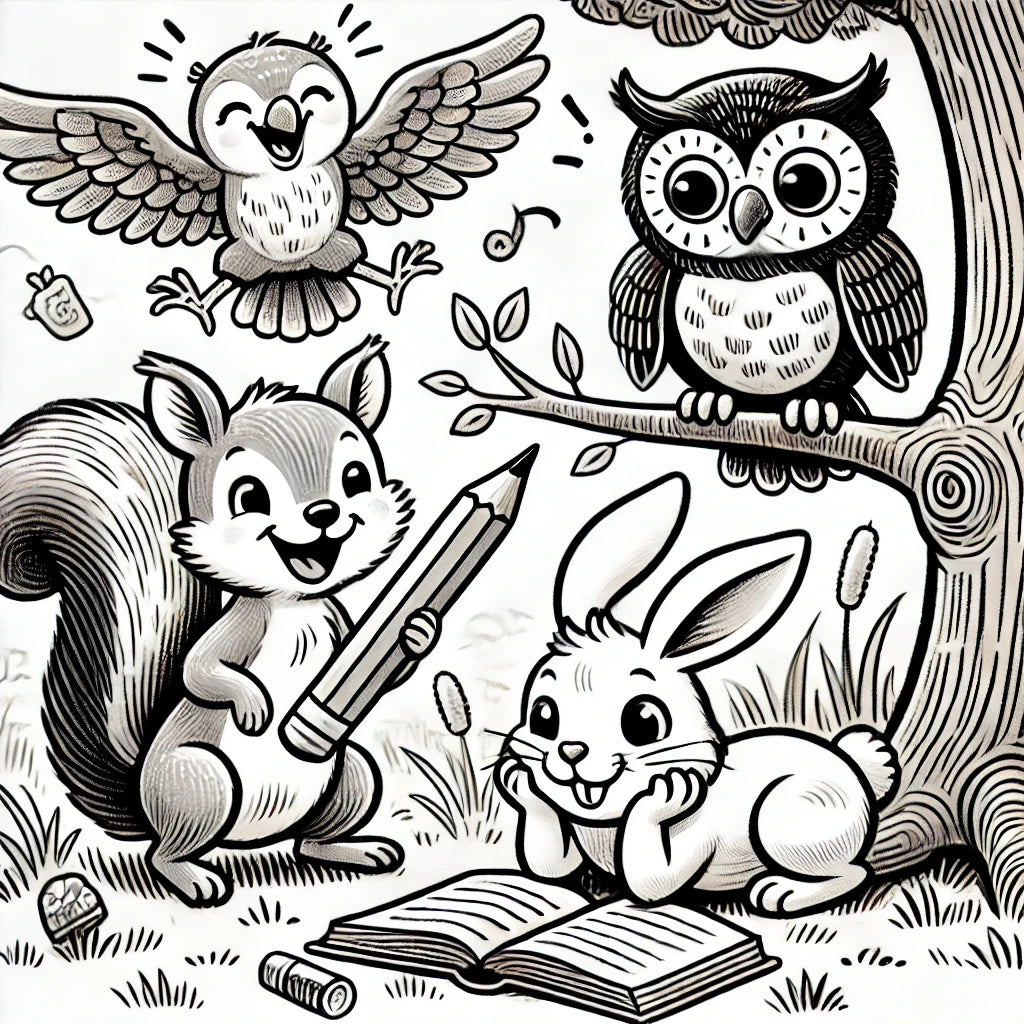
7. Help with Academic Readiness
Educational toys can also help children get ready for school by building early academic skills. For example, toys that teach counting, shapes, or letter recognition introduce important concepts that help children start school with a strong foundation.
Toys that involve math games or reading activities make learning fun and help children develop a love for learning, which will benefit them in the classroom.
Choosing the Right Educational Toys for Your Child
To choose the right educational toy, think about your child’s age, interests, and developmental needs. Here are some tips:
- For toddlers: Go for simple toys like shape sorters, stacking toys, or puzzles that help them learn basic skills like colors, shapes, and hand-eye coordination.
- For preschoolers: Choose toys that introduce early math and science, such as counting toys, science kits, or an easy-to-use microscope. These toys nurture curiosity and make learning enjoyable.
- For older children: Consider more advanced STEM toys like robot kits, chemistry sets, or a handheld digital microscope. These toys offer a fun challenge and help kids think critically.
Conclusion
Educational toys are more than just fun, they are tools that can help in a child's development.
From building creativity and motor skills to fostering confidence and academic readiness, these toys can make a big difference in a child's development.
By picking the right educational toys, tailored to your child's age and interests, you can encourage learning, growth, and a lifelong love of discovery ❤️
FAQ: Educational Toys
Why are educational toys good?
Educational toys are good because they help children develop critical skills like problem-solving, creativity, and motor skills while making learning fun. They promote hands-on learning, which keeps kids engaged and curious.
What are 5 benefits of playing with toys?
Playing with toys can:
- Improve fine and gross motor skills
- Boost creativity and imagination
- Foster social skills through cooperative play
- Build problem-solving abilities
- Encourage independent learning and confidence
How can toys help with learning?
Toys can help with learning by providing children with opportunities to explore new ideas, practice skills, and engage in problem-solving through play. For example, STEM toys teach science and math concepts, while puzzles improve spatial awareness.
How do educational toys help child development?
Educational toys support various aspects of child development, such as enhancing cognitive skills, improving motor coordination, fostering emotional growth, and teaching social skills. They prepare children for future learning by making learning enjoyable and accessible.
What are some examples of educational toys?
Examples of educational toys include:
- STEM kits (robotics, chemistry sets)
- Building blocks (like LEGO)
- Puzzles
- Art and craft kits
- Role-playing toys (dolls, puppets)
- Outdoor science exploration tools (microscopes, gardening kits)
What are educational games?
Educational games are games designed to teach specific skills or concepts, such as math, reading, or critical thinking. These games can be physical board games, card games, or digital games focused on learning while playing.
What are the disadvantages of educational toys?
While educational toys have many benefits, some disadvantages include over-reliance on toys for learning, which may limit creativity and free play. Additionally, some toys can be expensive, and not all educational toys are age-appropriate, leading to frustration or disinterest.
Check out our u-Zoom One Microscope for kids 👀
UPPTÄCKA Toys
u-Zoom One Microscope for kids
